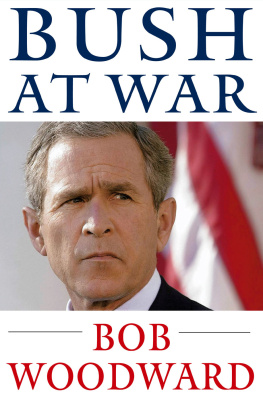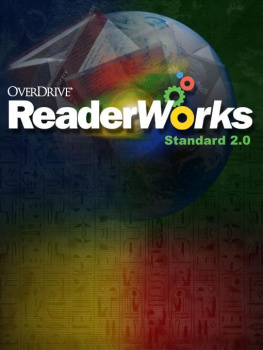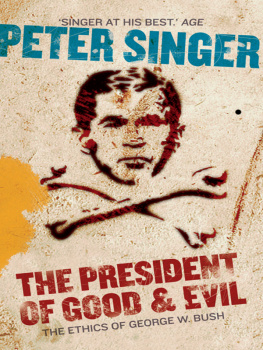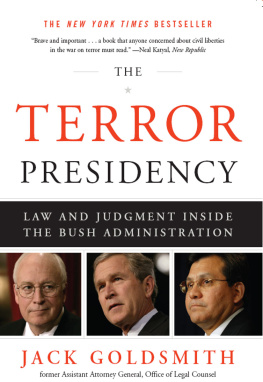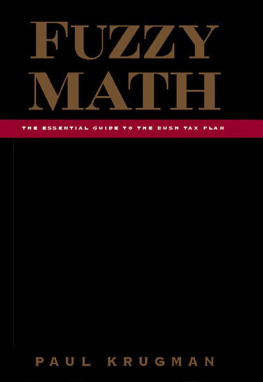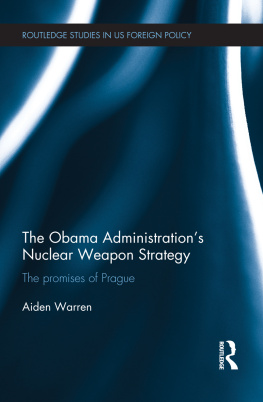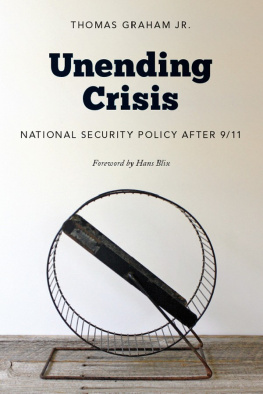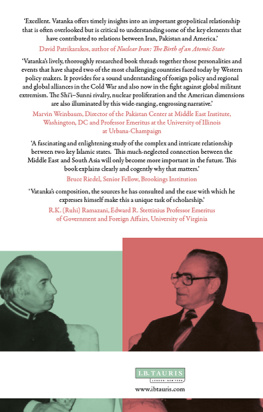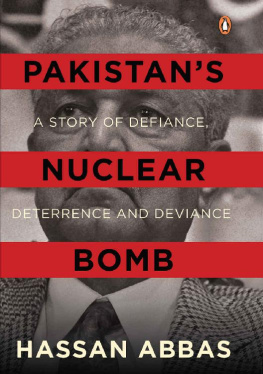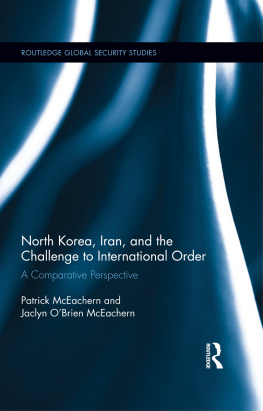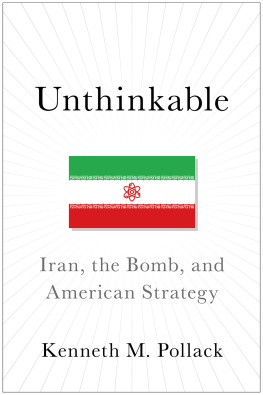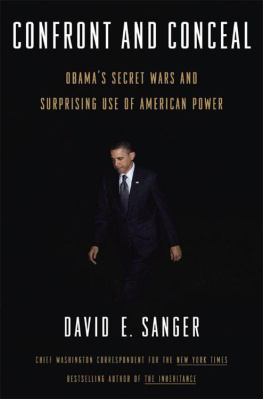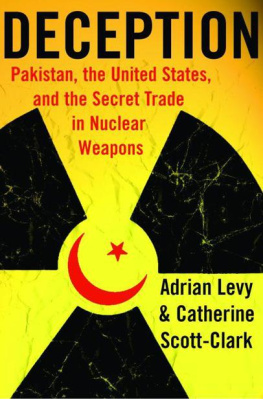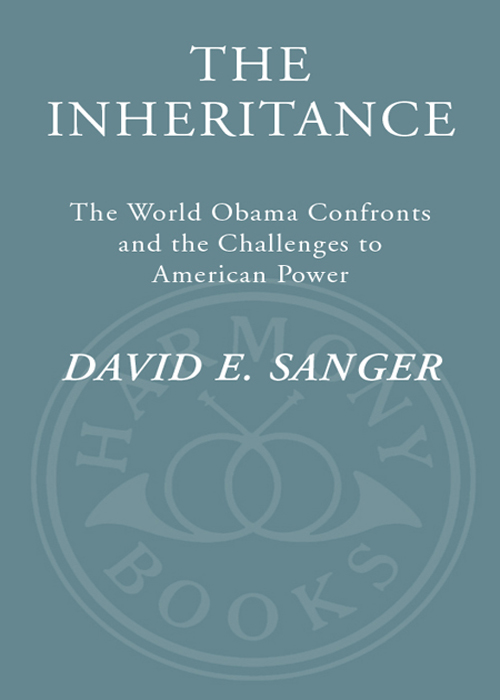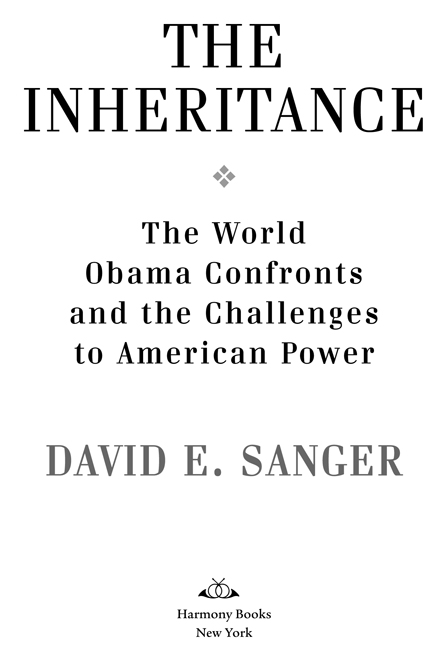Preface
Let us learn our lessons. Never, never, never believe any war will be smooth and easy, or that anyone who embarks on that strange voyage can measure the tides and hurricanes he will encounter. The Statesman who yields to war fever must realise that once the signal is given, he is no longer the master of policy but the slave of unforeseeable and uncontrollable events. Antiquated War Offices, weak, incompetent or arrogant Commanders, untrustworthy allies, hostile neutrals, malignant Fortune, ugly surprises, awful miscalculationsall take their seats at the Council Board on the morrow of a declaration of war.
Winston Churchill,My Early Life, 1930
T HIS BOOK LOOKS BACKWARD at the seismic events that led America to lose so much standing and leverage in the world and looks forward to reimagine ways we can rebuild our influence and power.
The Inheritance is an exploration of the huge costs of distraction. This is not the story of how we got into Iraq, or how we have begun to get out; the American experiment there is the subject of many insightful accounts. Rather, The Inheritance describes what happened when the Bush administration triedand largely failedto disarm America's other enemies and reshape the world. It argues that the long-term cost of the Iraq war goes beyond the tragic loss of more than 4,000 of America's finest young men and women, tens of thousands of Iraqis, countless casualties, and the roughly $800 billion spent since the invasion. There were also huge opportunity costs. We squandered many opportunities to project American influence around the globe and lost the credibility we needed to rally the world to confront far more imminent threats to our security than Saddam Hussein's Iraq ever posed.
Until President Bush's last year in office, when the surge made the endgame in Iraq imaginable, the war so consumed our political, military, and intelligence assets that we averted our eyes from other challenges. Worse, we forgot what we were trying to do after the shock of September 11: to lock down the weapons that could wreak far greater harm than four hijacked airliners and to address the underlying causes of the rise of radical ideologies. Instead, we pursued a path that has left us less admired by our allies, less feared by our enemies, and less capable of convincing the rest of the world that our economic and political model is worthy of emulation.
The grand ambition of the Bush presidency after 9/11 was to create a rip in time, to reorder the Middle East and the wider world so that America would never face a day like thator a far worse onefor generations. Bush's theory was that the combined effect of America's military power and our newly declared intolerance for accepting risks to our security or our interests around the worldparticularly nuclear threatswould convince other nations to surrender their weapons of mass destruction. The preemption doctrine would put nations on warning. Our successes in Afghanistan and then Iraq, the administration argued, would sow the seeds for democratic revolutions. Repressed people would find the confidence to rise up against self-interested mullahs and oil-soaked dictators, except, of course, our allies. Some of these events would happen right away. Others, like democracy's rise, would become what Condoleezza Rice called a generational project.
But the same president who dismissed the Powell Doctrine calling for overwhelming force also dismissed Churchill's warning about the need to prepare for unforeseeable and uncontrollable events. Seven years of covering the Bush administration day by day, traveling with the president around the world, and circling back to talk with the leaders who had dealt with him left me less surprised by the administration's combination of arrogance and ideological fervor than by the president's inexplicable resistance, until the final quarter of his term in office, to changing course. For Bush, adjustments to strategy and negotiations with enemies were signs of weakness. To acknowledge that the country was paying a heavy, unforeseen price for his decision to invade Iraq would have required him to pour resources into Afghanistan, to stop coddling a dictator in Pakistan, and to negotiate with Iran. He refused. We were not only slow to adjust to the wars we were fighting. We were too slow and too unimaginative to confront the far more potent threats, many of them nuclear, that were emerging while we were otherwise engaged. The decider became the ditherer.
America's challengers, meanwhile, were quicker to adapt. They understood the futility of directly taking on the American military. They probed instead for our vulnerabilities and found plenty. Terrorists designed roadside bombs that hit the soft underside of our armored personnel carriers. The Iranians designed a nuclear strategy based on the wager that the Iraq experience had so damaged our credibility and so overstretched our military that we would be unable to rally the world to stop Tehran from acquiring the knowledge and material to build a bomb. Al Qaeda saw its chance to regroup, the Taliban saw its chance to retake old territory, and other militants saw their chance to destabilize a nuclear Pakistan. The North Koreans, those starving, savvy hermits, set off a nuclear blast and calculated that even a fizzle would force Washington into real negotiations where the North Koreans would have all the leverage. The Chinese realized that a distracted America could not react effectively to their rapid rise as the dominant power in Asia and the world's fastest-growing consumer of energy.
Not all of those problems were Bush's fault or the result of the great diversion. Yet at the moment when we most needed to act like a truly enlightened superpower, we let fear trump judgment, we depleted our political capital and moral authority, and we sullied our reputation as the world's safest, best-regulated place to invest. The scorecard at the end of eight years is unforgiving: Barack Obama now inherits a country in far more perilstrategically and economicallythan Bush did when he took office.
While Obama's opportunity is great, his options are limited. The symbolism of electing a biracial president with the middle name Hussein is a powerful antidote to the caricature of America as an intolerant, hegemonic power. Yet it only goes so far in restoring our leverage and redeploying our portfolio of influence around the world. Seven years after 9/11, we are still struggling to balance building schools by day and blowing up terrorist safe-havens by nightsometimes in the same villageand how to talk to our enemies without also empowering them.
Bush's second term was a significant improvement. Even while denying that he was changing course, he started down new paths. His defense secretary, Robert Gates, the only Cabinet member of the Bush administration Obama asked to stay on, publicly questioned why America has more members of military marching bands than foreign service officers and why we spend vastly more to prepare to fight wars than to prevent them. But the holes dug during the first term were simply too deep to climb out of in the second. Bush could not find it in himself to make the dramatic, Nixon-to-China reversals of strategy that the moment in history required.


